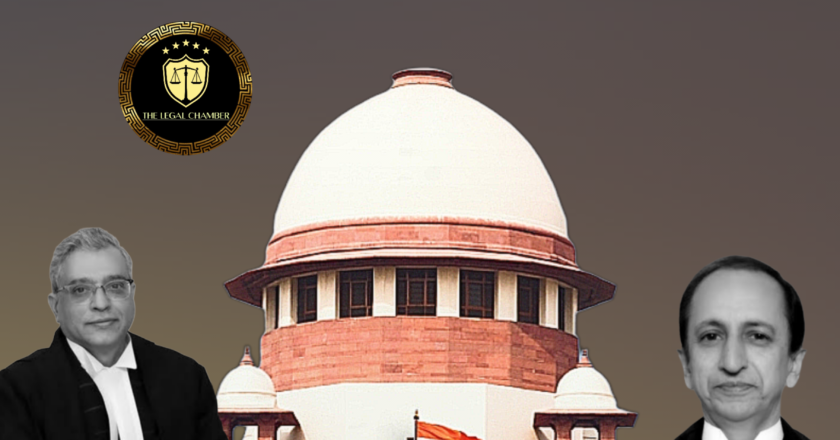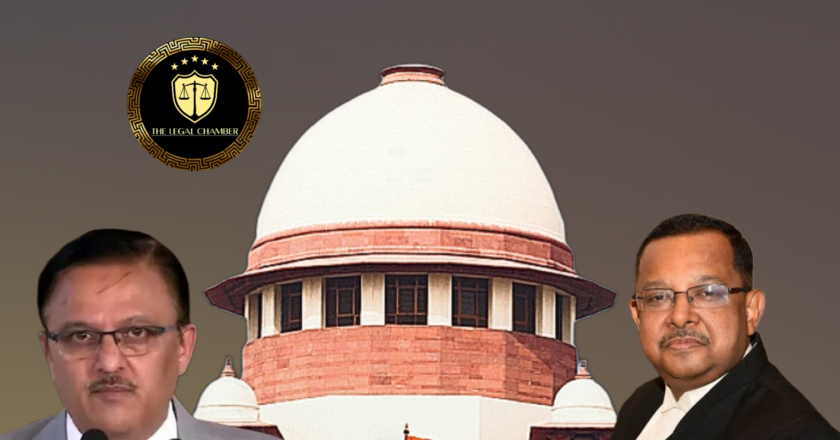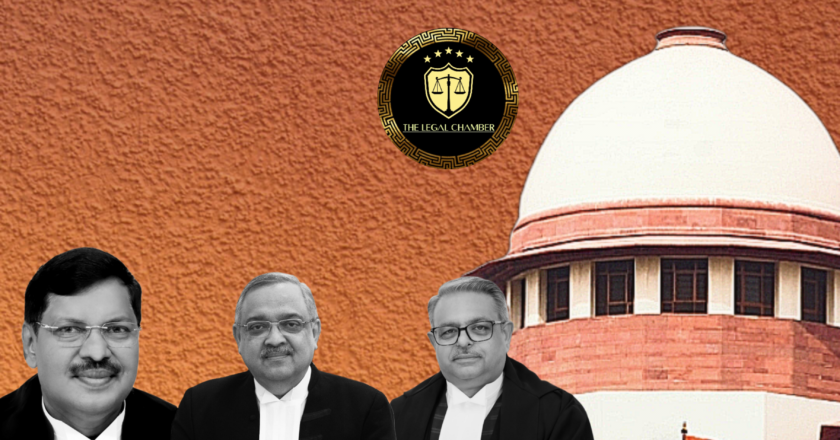Explained: The Supreme Court’s Landmark Ruling on Sand Mining and Environmental Clearance
This Supreme Court judgement reaffirms that a valid District Survey Report (DSR), prepared under the EIA Notification, 2016, is mandatory for granting environmental clearance for sand mining. The Supreme Court held that a DSR is legally untenable without a scientific replenishment study, as it forms the foundational basis for determining sustainable extraction limits and ensuring ecological balance.
Facts Of The Case:
The case originated from the grant of an Environmental Clearance (EC) for sand mining in three blocks on the Shaliganga Nallah in Jammu & Kashmir. The project proponent, contracted by the National Highway Authority of India for a Srinagar ring road, applied for the EC. Initially, the J&K Expert Appraisal Committee (EAC) rejected the proposal in January 2022, citing ...


